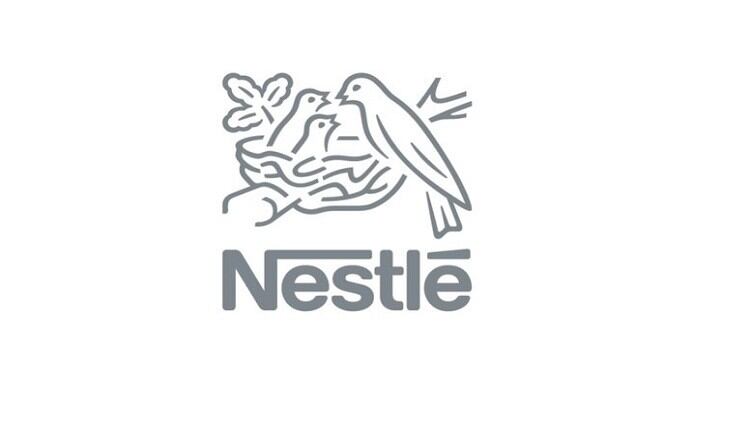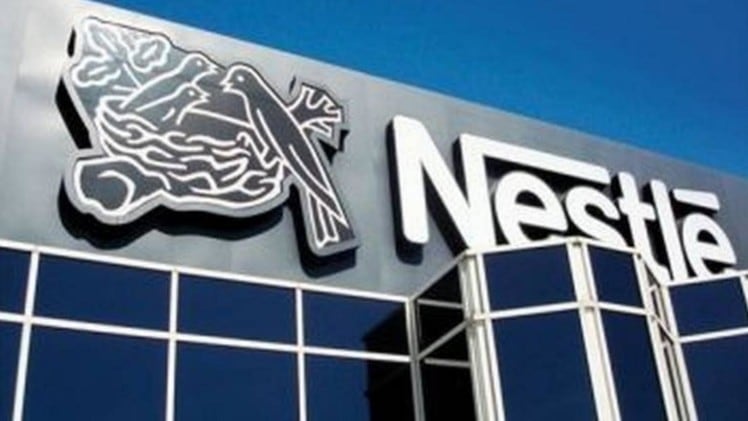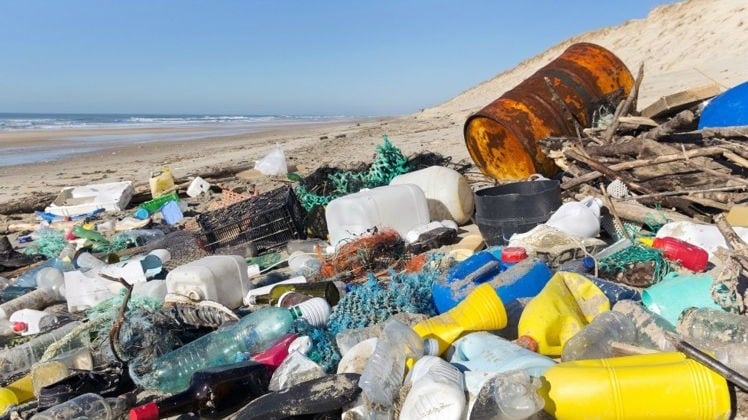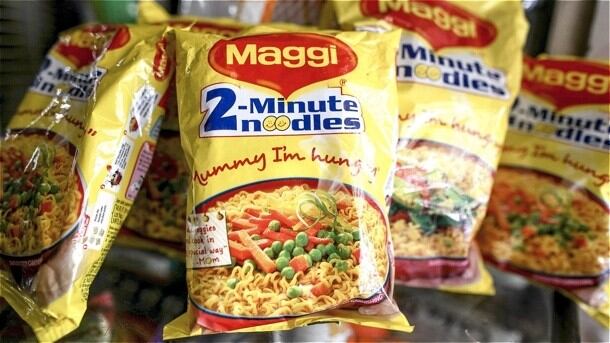Although other leading organisations like Unilever and Blackmores also pledged commitment to using the ARL, Nestle is one of the first big food firms to employ it on the packaging of a food product.
Its first product to receive ARL labelling is Allen’s lollies, starting with the Strawberries & Cream and Snakes Alive variants.
The ARL is a label designed to be easily understood by consumers, showing how to best recycle and dispose with each piece of a package.
In addition to the ARL, Nestle has also attached the REDcycle logo to the Allen’s lollies. REDcycle is an in-store collection scheme to recycle soft plastic packaging.
“Nestlé is proud to be adopting the Australasian Recycling Label to help consumers correctly recycle by providing information as to which bin packaging should go in, or whether it can be recycled via approved collection programs such as REDcycle,” said Nestlé Australia CEO Sandra Martinez.
“Consumers have good intentions when it comes to recycling but they need clearer information. The Australasian Recycling Label will help to remove confusion, increase recycling rates and decrease contamination in recycling streams by helping consumers navigate the process,” she added.
Nestle Australia has also announced intentions to place the ARL on all of its locally made products by 2020, encompassing confectionery brands such as Kit Kat, Milo, and Purina.
This is in accordance with Nestle’s global objective to make 100% of its packaging recyclable or reusable by 2025.
What is the Australasian Recycling Label?
The ARL was created in an effort to end labelling confusion. It was developed by the Planet Ark Environmental Foundation, the Australian Packaging Covenant and PREP Design.
It informs consumers whether each part of a packaging (the box, tray and wrapping) is recyclable via kerbside recycling, conditionally recyclable if additional instructions are followed (e.g. via programmes like REDcycle), or not recyclable.
This is in accordance with principles from the Packaging Recyclability Evaluation Portal (PREP), the recommended method for evaluation of packaging recyclability.
“While our research has shown that Australians are good recyclers, we have also found that the majority of people are confused about recycling of common items. That’s why we created the Australasian Recycling Label, to help people make informed decisions and ensure our recycling efforts are resulting in maximum resource recovery.” said Planet Ark on its website.
In response to the ARL being implemented by Nestle, Planet Ark deputy CEO Rebecca Gilling commended it, saying: “We need widespread commitment from [the] industry to apply the Australasian Recycling Label if it’s to become effective in helping consumers improve their recycling habit.”
How China’s ‘green sword’ policy affects this
In January this year, China banned 24 categories of recyclables from its shores to focus on its own waste, enforcing much more stringent quality controls and conditions.
China was previously the world’s biggest importer of recyclables, but this move essentially stopped much of the world’s waste from reaching its shores for processing. The policy has since been termed ‘green sword’.
Roughly 30% of Australia’s recyclables were sent to China to be processed in the past. Estimates of the amount of waste that would be affected by the green sword reached 619,000 tonnes, or US$ 384 million (AU$ 523 million).
“While there will undoubtedly be some short term challenges for the local recycling industry in dealing with the ‘green sword’, it also offers amazing opportunities to place a deserved focus on developing domestic markets and innovations here within Australia,” said Australian Packaging Covenant Organisation (APCO) Chief Executive, Brooke Donnelly to news.com.au.
Other sustainability efforts by Nestle
Nestle’s focus on achieving sustainable packaging converges around three core areas: Eliminating non-recyclable plastics; encouraging the use of plastics that allow better recycling rates; and eliminating or changing complex combinations of packaging materials.
“We are committed to finding improved solutions to reduce, re-use and recycle so we can achieve 100 per cent recyclable or reusable packaging by 2025, and we hope others will join us,” said Nestle CEO Mark Schneider.





